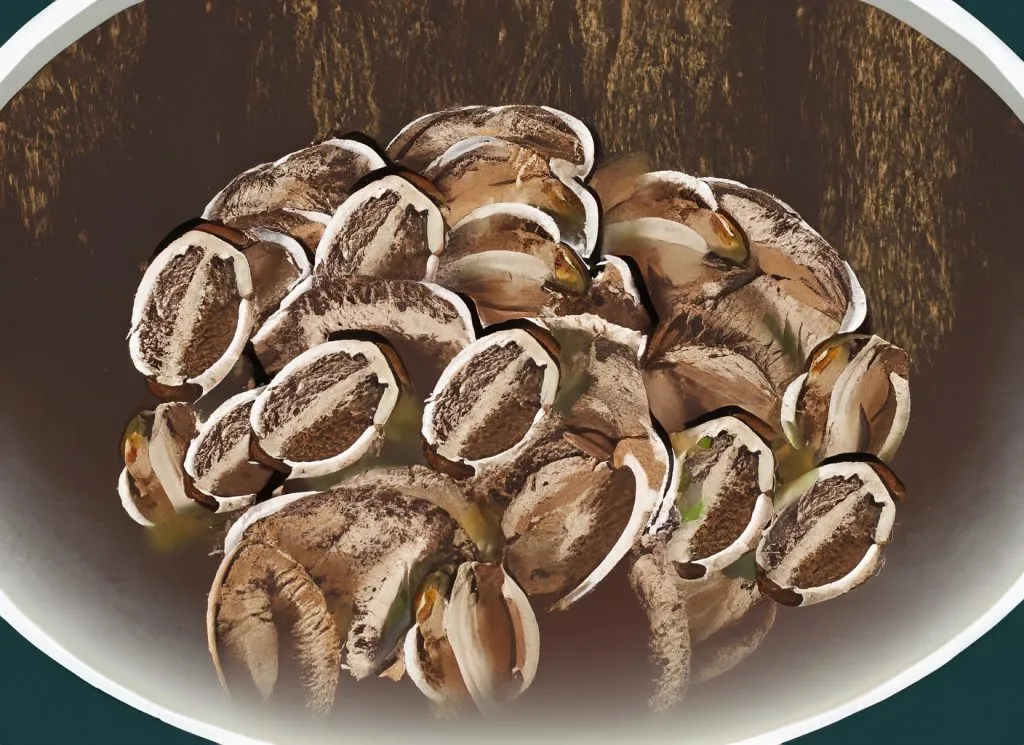Understanding the Size Variations of Coconut Seeds
The coconut seed, commonly known as the coconut, is a marvel of nature that comes in various sizes. These sizes can range based on a variety of factors. Here’s a comprehensive look into the dimensions of coconut seeds and what influences them.
Typical Dimensions of Coconut Seeds
Most mature coconut seeds measure between 10 to 12 inches in diameter. They are roughly spherical or oval in shape, with a weight ranging from 1 to 2.5 pounds, depending on the variety and maturity.
Factors Influencing the Size
- Variety of Coconut: Different coconut varieties produce seeds of varying sizes. For instance, dwarf varieties tend to have smaller seeds compared to their taller counterparts.
- Climatic Conditions: Regions with abundant rainfall and consistent temperatures often produce larger coconuts. In contrast, drought conditions can lead to smaller seeds.
- Soil Health: Nutrient-rich soil can support the growth of larger seeds. Conversely, nutrient-deficient or saline soils may lead to smaller coconuts.
- Age of the Tree: Younger coconut trees, in their prime fruiting years, tend to produce larger seeds. As the tree ages, the size of the seeds might diminish.
- Health of the Tree: Trees free from diseases and pests are more likely to produce sizeable coconuts. Stress factors like diseases can impact the size of the seeds produced.
Does Size Indicate Quality?
While size can be an indicator of a coconut’s water and meat content, it doesn’t always correlate with quality. Sometimes, smaller coconuts might be sweeter or have a more aromatic flavor. The quality is more dependent on the variety and maturity of the seed rather than its size.
Storing and utilizing coconuts of various sizes can yield different results. For instance, larger coconuts might be preferable for extracting higher quantities of milk, while smaller ones might be ideal for snacking.

